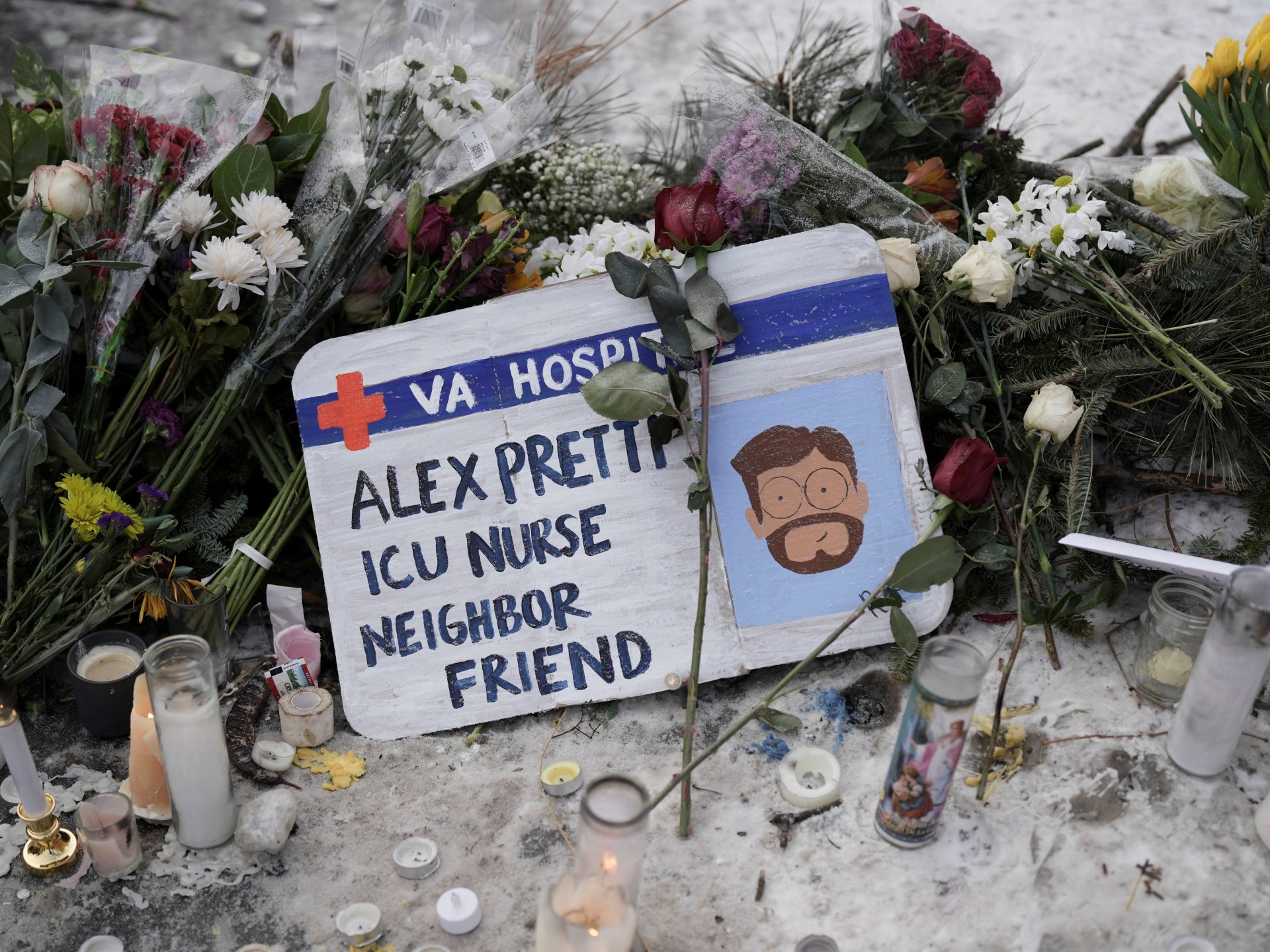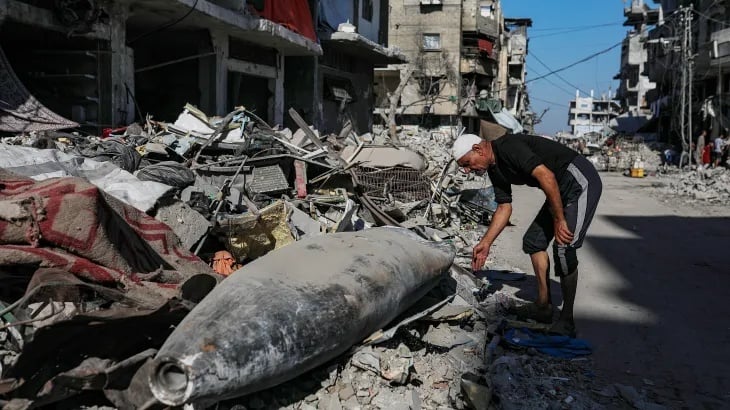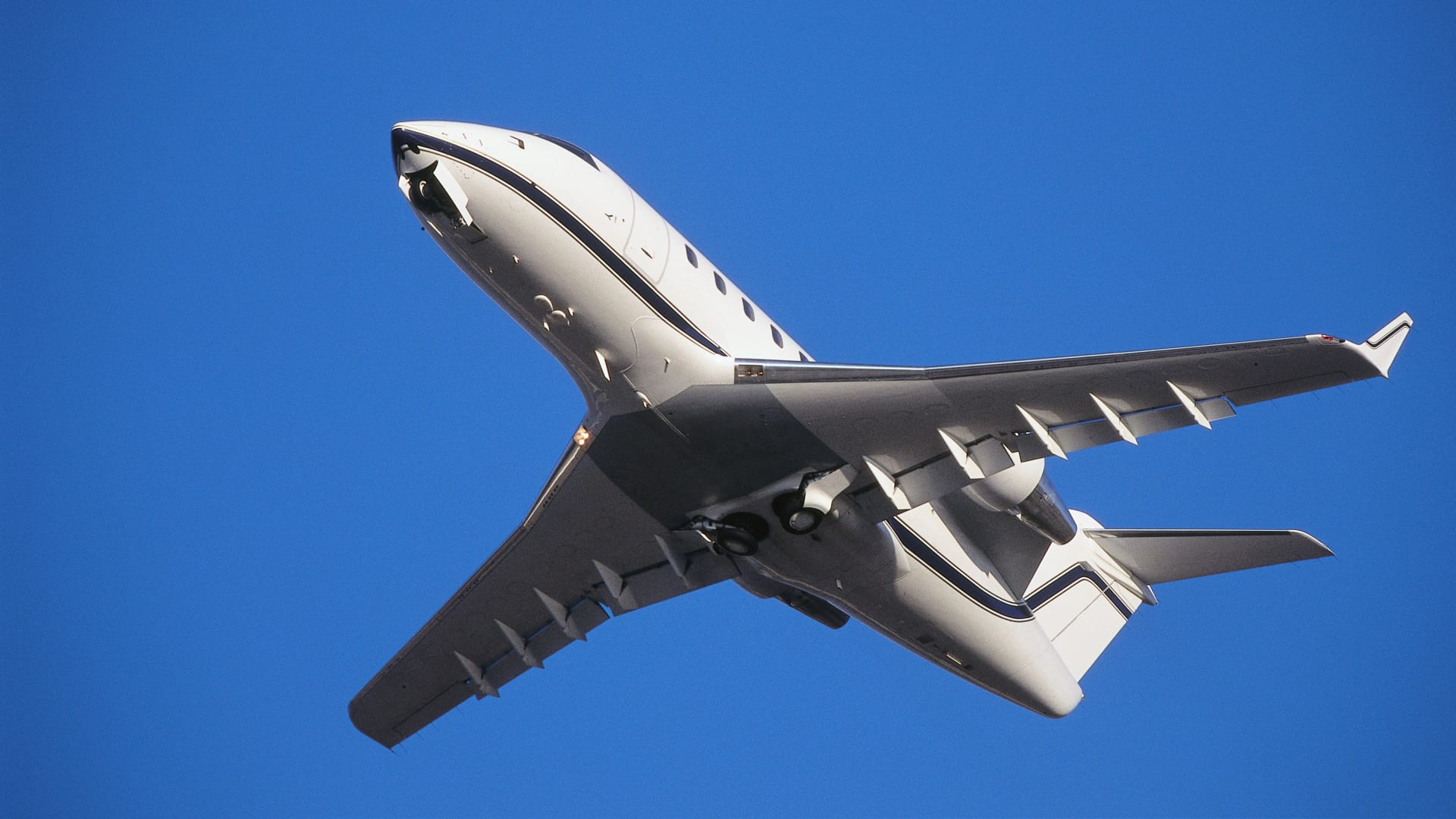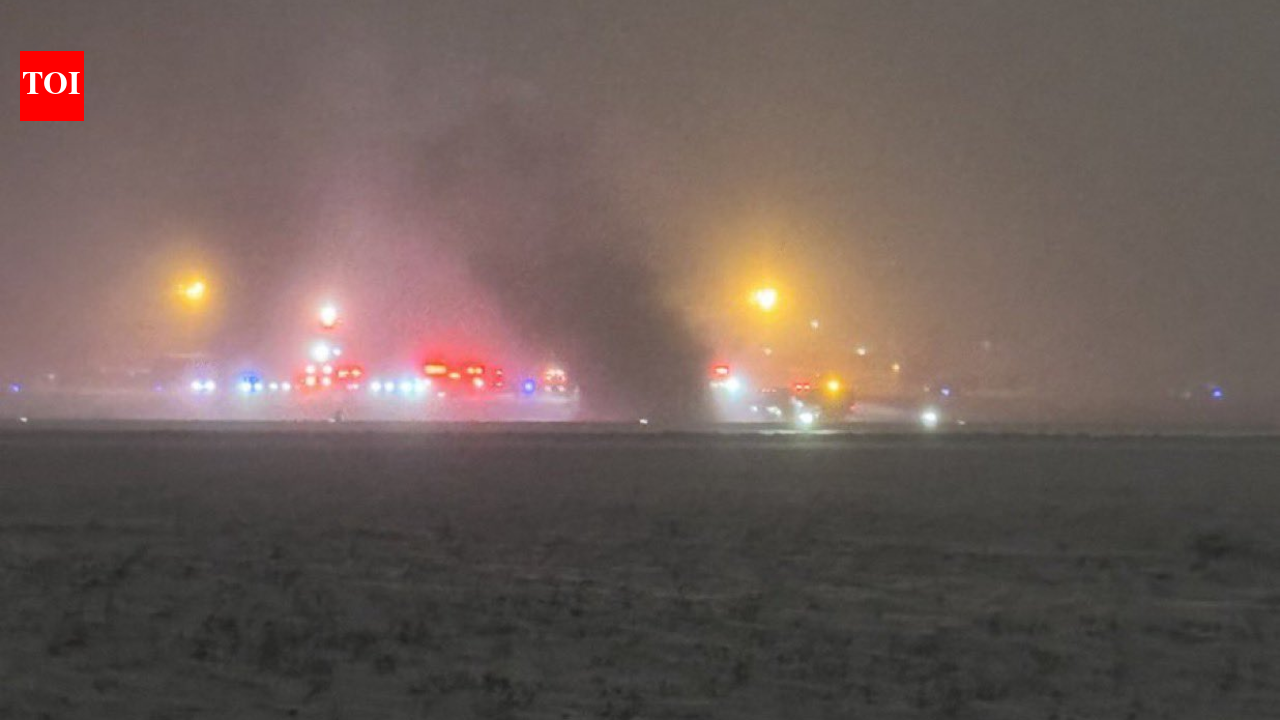US President Donald Trump’s administration and his (Make America Great Again) MAGA allies have disseminated a flurry of misinformation about the fatal shooting of Alex Pretti in the US city of Minneapolis.
The Department of Homeland Security…

US President Donald Trump’s administration and his (Make America Great Again) MAGA allies have disseminated a flurry of misinformation about the fatal shooting of Alex Pretti in the US city of Minneapolis.
The Department of Homeland Security…

GOOD MONDAY MORNING. This is Nick Vinocur, delighted to be starting the week with you. Let’s dive in …


Bombardier Challenger Cl-600 taking-off with undercarriage retracting.
Aviation-images.com | Universal Images Group | Getty Images
A private jet crashed in flames as it was taking off from a Maine airport with eight aboard, the U.S. aviation…

A private aircraft carrying eight people crashed during takeoff at Bangor International Airport in the US state of Maine on Sunday night, prompting an…

India is preparing to significantly lower import duties on cars from the European Union as part of a long-awaited free trade agreement that could be announced as early as Tuesday, according to a Reuters report.
…